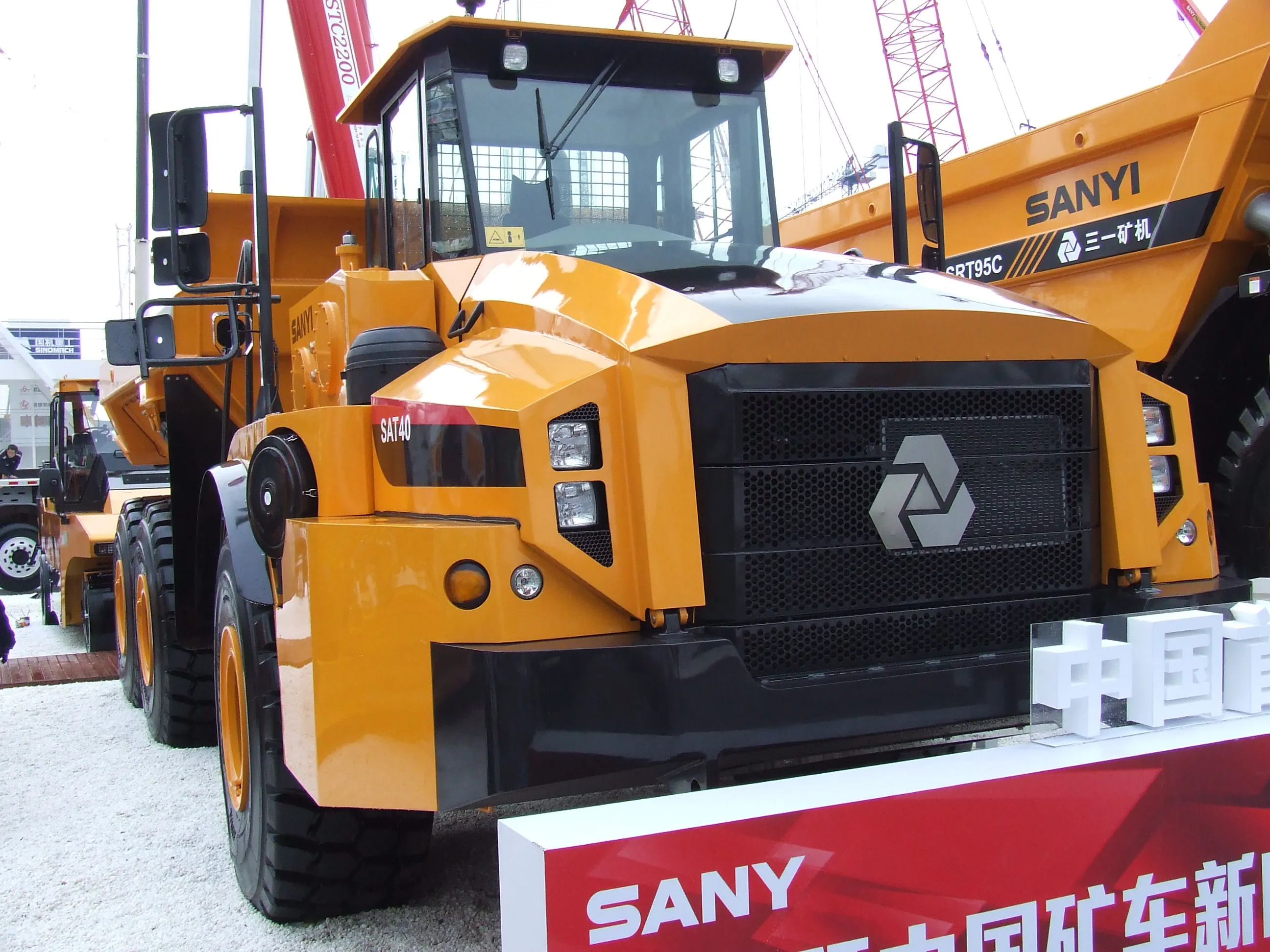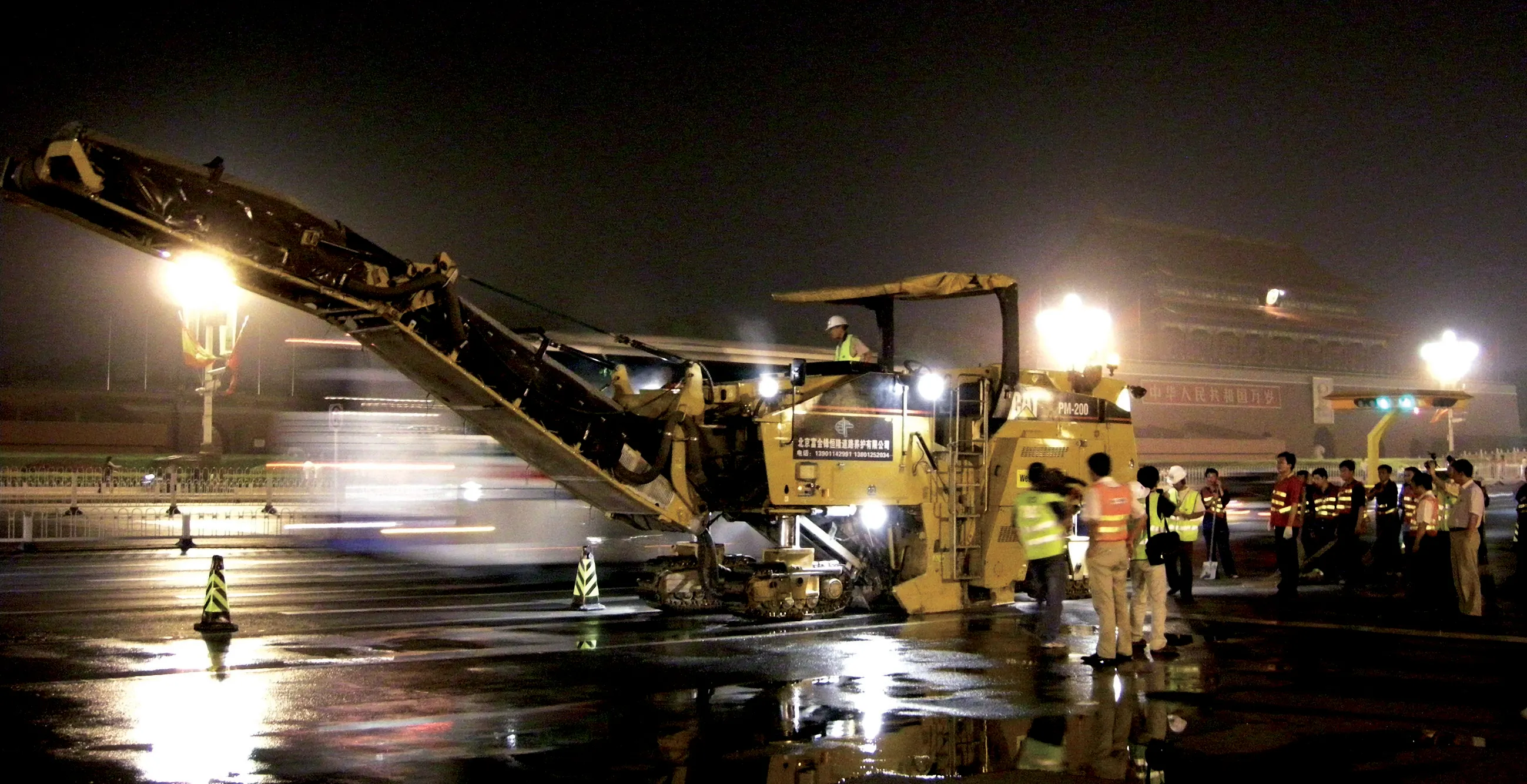The South Korean government is supporting 167 infrastructure projects, including the construction of new expressways, nationwide with an investment of US$108.61 billion (KRW 124tn), according to the Ministry of Strategy and Finance. Under the plan, the government will invest $35.2 billion (KRW 40tn) on 71 projects that have already been launched. It will spend another $73.41 billion (KRW 84tn) on 96 new projects. The government will seek as much investment from the private sector as possible to ease the bur
July 9, 2013
Read time: 1 min
RSSThe South Korean government is supporting 167 infrastructure projects, including the construction of new expressways, nationwide with an investment of US$108.61 billion (KRW 124tn), according to the Ministry of Strategy and Finance.
Under the plan, the government will invest $35.2 billion (KRW 40tn) on 71 projects that have already been launched. It will spend another $73.41 billion (KRW 84tn) on 96 new projects. The government will seek as much investment from the private sector as possible to ease the burden on the state.
As well as money for new expressways, other infrastructure spending will be on railroads and other transportation facilities, as well as the set-up of research or industrial complexes. The major investment was part of the election campaign pledges by President Park Geun-hye.
Under the plan, the government will invest $35.2 billion (KRW 40tn) on 71 projects that have already been launched. It will spend another $73.41 billion (KRW 84tn) on 96 new projects. The government will seek as much investment from the private sector as possible to ease the burden on the state.
As well as money for new expressways, other infrastructure spending will be on railroads and other transportation facilities, as well as the set-up of research or industrial complexes. The major investment was part of the election campaign pledges by President Park Geun-hye.








